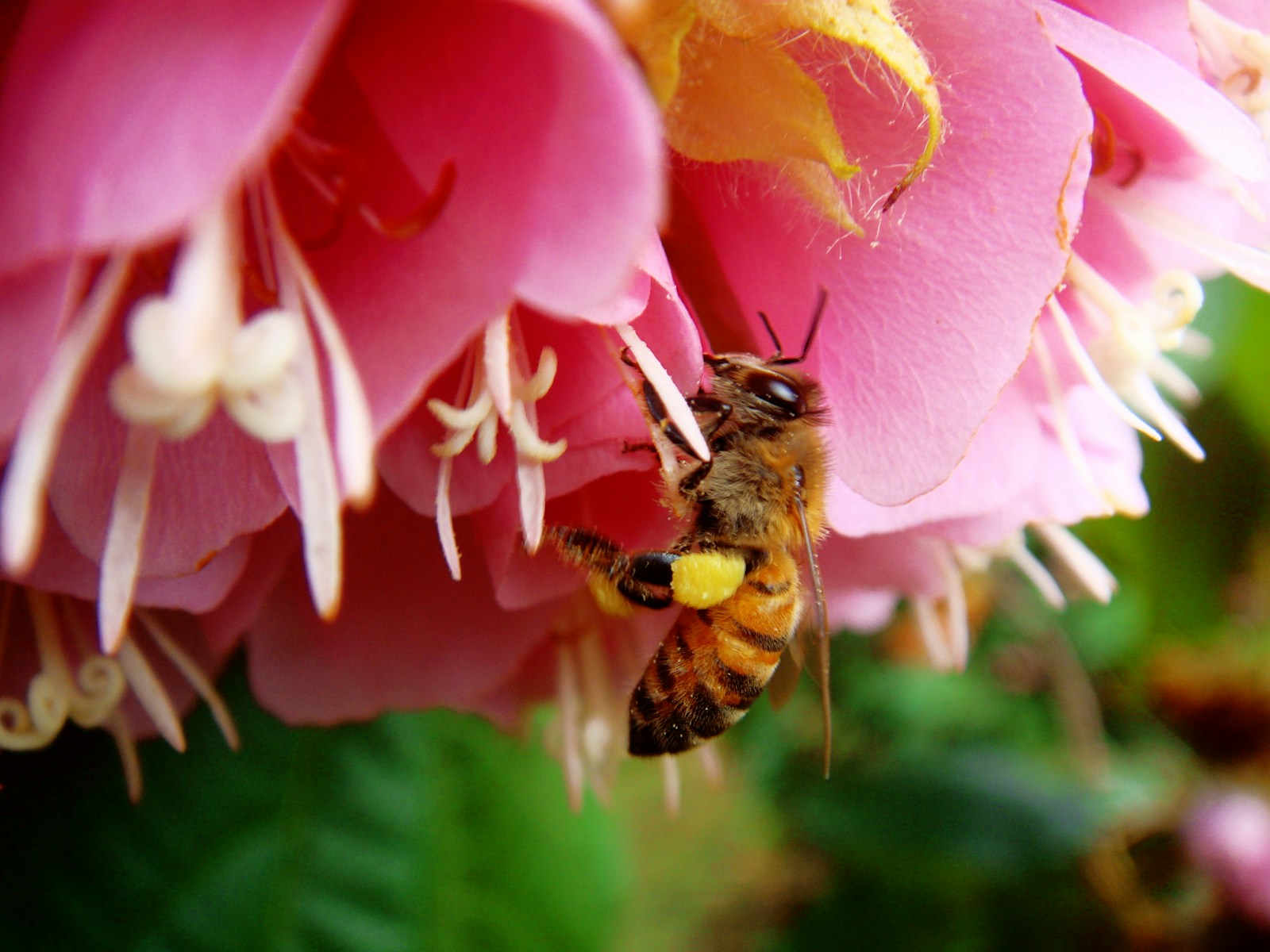
guardar

save
The Spanish word 'guardar' is used similarly to the English word 'save'. It can mean to conserve or keep something, such as saving food for later. It is also used in a technological context, for saving a document or file on a computer. Remember to conjugate it according to the subject of the sentence.
Example sentences using: guardar
Por favor, guarde silencio en la biblioteca.

Please, keep quiet in the library.
In this context, 'guardar' is used to mean 'keep,' suggesting preserving a condition or state. Here it implies to 'keep' or 'maintain' silence in the library.
Guarda este secreto para ti.

Keep this secret for yourself.
In this example, 'guarda' is an imperative form of the verb 'guardar,' asking someone to keep a secret.
Guarda los juguetes después de jugar.

Put away the toys after playing.
In this example, 'punning away' is referred to as 'guarding', suggesting the act of returning items to their original or designated place after use.
Necesito guardar algo de dinero para las vacaciones.

I need to save some money for the holidays.
In this example, 'guardar' is translated as 'save.' It is significant when discussing setting aside money for future necessities or usage.
Ella guarda su foto en la billetera.

She keeps his photo in her wallet.
Here, 'guarda' is used to mean 'keep.' It showcases situation where one keeps personal or sentimental items in a specific place.
Guardamos la leche en la nevera.

We keep the milk in the fridge.
In this sentence, 'Guardamos' comes from 'guardar' and explains the act of storing or keeping food items in an appropriate place.
Guarda el ticket para el reembolso.

Keep the ticket for the refund.
Here, 'guarda' means 'keep' or 'save,' implying the importance of keeping certain documents for future purposes.
Los niños deben guardar su ropa después de lavarla.

Children should put away their clothes after washing them.
In this context, 'guardar' implies the action of 'putting away' or 'storing' items orderly in a designated place after their usage.
Juan guarda todos sus recibos.

Juan keeps all his receipts.
'Guarda' here is used in context of collecting or keeping all items relating to a specific category, such as receipts in this case.
Voy a guardar mis libros en la mochila.

I'm going to keep my books in my backpack.
This sentence translates directly as 'I'm going to save my books in the backpack.' Here, 'guardar' is used to mean 'keep' or 'store,' especially when talking about items being kept or stored in a location. In Spanish, 'Voy a' is used to express future actions, similar to 'I'm going to' in English.